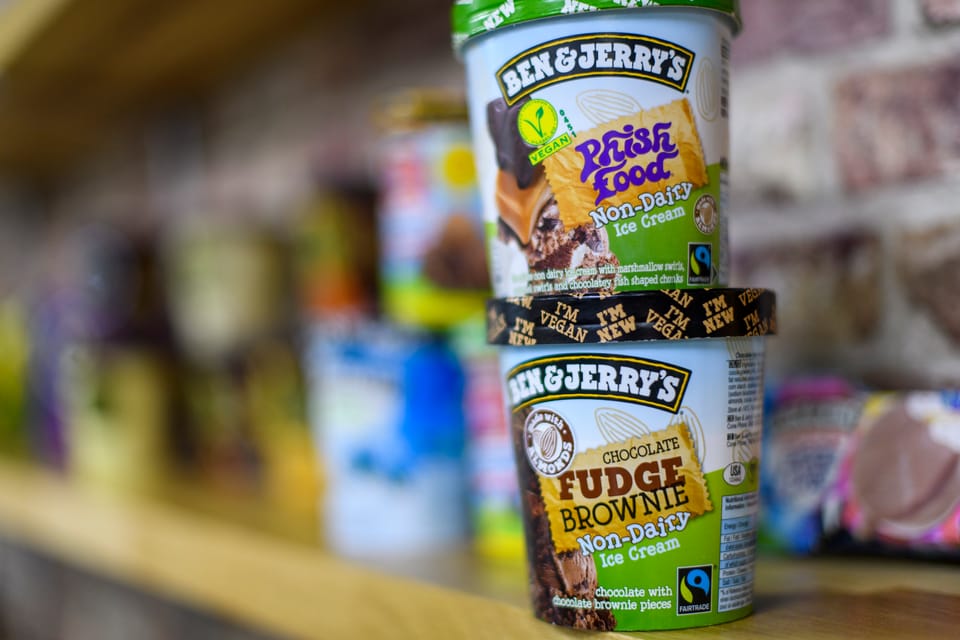Unilever moves from GHG intensity to absolute Scope 3 reduction targets as data granularity improves

FMCG giant Unilever has updated its climate transition plan and switched from carbon intensity to absolute greenhouse gas (GHG) emissions reduction targets for its value chain, hailing “significant improvements in measurement”.
The company, which aims to reach net zero by 2039, has unveiled new Scope 3 emissions targets for 2030, including 42% absolute reduction in Scope 3 energy and industrial emissions and 30.3% absolute reduction in Scope 3 forest, land and agriculture emissions, both from a 2021 baseline.

Before the update, Unilever aimed to halve the full value chain emissions of its products on a per-consumer use basis by 2030 – and has so far achieved a 21% reduction. The new targets have been submitted to the Science-Based Targets Initiative and, once approved, will officially replace the previous GHG intensity goal.
According to the company, this change reflects improvements in emissions measurement across its supply chain, which allowed Unilever to build more granular action plans. Adjustments were made as Scope 3 emissions reduction proved more challenging than expected, prompting the firm to revisit plans and potential improvements.
“The development of this updated Climate Transition Action Plan (CTAP) reflects this shift, as better data, and a more granular focus on future GHG reduction opportunities, have enabled us to update our targets and embed specific actions to drive their delivery within the financial growth plans of our five Business Groups,” said CEO Hein Schumacher.
Unilever climate transition: Detailed emissions reduction pathway
The new climate transition action plan sets out the path to meeting Unilever’s medium-term targets in detail.
For instance, the company aims to achieve 14% of its target Scope 3 emissions reduction through its supplier climate programme, with the goal on onboarding 300 of its most emissions-intensive suppliers (accounting for 44% of Scope 3 emissions related to raw materials, ingredients and packaging) into this decarbonisation accelerator by the end of 2024.
Another 13% of targeted reductions will be reached by reformulating products to include more low-GHG and plant-based ingredients; 10% will come from promoting deforestation-free commodities in its supply chain; 4% from the deployment of regenerative agriculture practices; and 3% from packaging improvements.
Additionally, improving the energy efficiency of ice cream cabinets and transitioning them to renewable energy is expected to deliver 19% of the targeted Scope 3 reductions.
Unilever climate policy advocacy
Recognising that its climate transition plan presents a number of dependencies, Unilever is actively engaging with industry and government stakeholders and lobbying for wider transformation. For example, the company supports the update of the EU Emissions Trading Scheme to ensure “carbon is priced at levels necessary for the delivery of the Paris Agreement”.
This is one of the issues where Unilever recently found misalignment with some of the trade associations it is a member of, with Chief Sustainability Officer Rebecca Marmot warning industry bodies this week that the company “reserves the right to withdraw its membership fees” if associations cannot be “catalysts for positive policy change”.







Member discussion